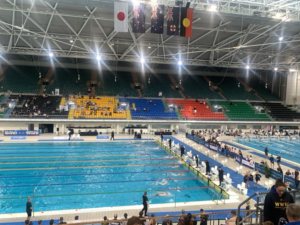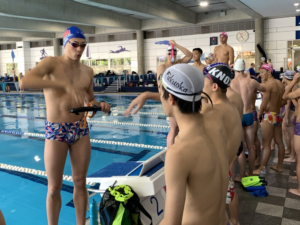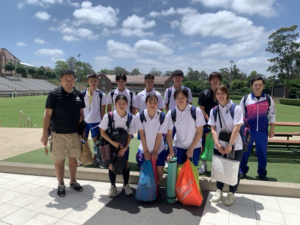On September 18th, I had a chance to talk about the system of regional cooperation used by the Japanese local government at the Centre for Local Government, University of Technology, Sydney. It was one of the sessions within a three day program for council executives especially focused on shared services.
Historically, Japanese municipalities have developed regional cooperatives to deal with a lot of responsibilities. In terms of the methods of implementing regional administration, there are eight kinds of systems. All of them are based on Local Autonomy Law.
Among these, the major systems which many municipalities have adopted are Partial Cooperatives and Wide-area Cooperatives. Partial Cooperatives are organizations established by two or more local governments to deal with issues more efficiently and effectively. Wide-area Cooperatives are the organizations established to develop plans for affairs covering a large area and to handle these affairs comprehensively and systematically. These two regional cooperatives may be similar to County Council or Regional Organization of Councils.
The most frequent type of duties delegated to regional cooperatives are those of garbage disposal, sewage and fire services. I used fire services as a good example for illustrating the merits of regional cooperatives. They can be better organized and enhanced by expanding the size of municipality fire services into regional cooperatives.
Immediately after the Great East Japan Earthquake in March 2011, Emergency Fire and Rescue Teams from 44 other prefectures were instructed to mobilize to the main disaster areas of Iwate, Miyagi and Fukushima prefectures. Land based units and helicopter teams were engaged in search and rescue efforts, as well as fire extinguishing. Overall, Emergency Fire and Rescue Teams rescued more than 5,000 people. I think that is the great result of improved fire services throughout Japan.
Recently, as municipal amalgamations in Japan have occurred, this kind of nationwide, large-scale reorganization of municipalities has exerted an influence on the pattern of regional cooperation. Many regional cooperatives have been integrated into a larger municipality. In addition, Japan is becoming an aging society and the population of Japan has begun to decrease. People tend to live in big cities such as Tokyo. Under these conditions, rural areas in particular are slipping into a vicious cycle where facilities related to daily life such as schools and hospitals are becoming inconvenient to use, leading to further population decline.
The concept of Regional Alliances was promoted from the perspective of trying to stem the outflow of people from rural areas, and create a flow of people in the reverse direction, into rural areas. Regional Alliances are meant to be formed as the result of an accumulation of one-to-one agreements concluded by their own initiatives between a core city and the surrounding municipalities. They are not regulated by Local Autonomy Law, so they can select more flexible ways to implement their duties. Regional Alliances somewhat look like the system of Strategic Alliances here in terms of their flexibility.

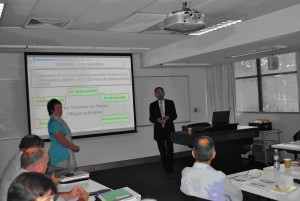
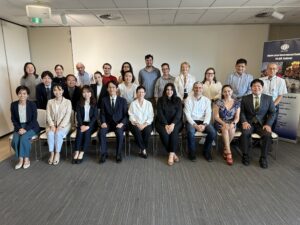
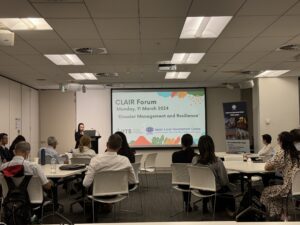
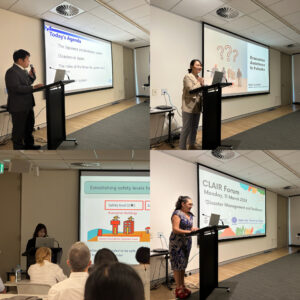
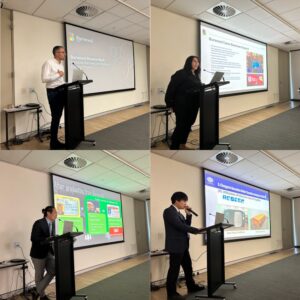
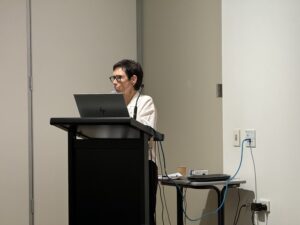
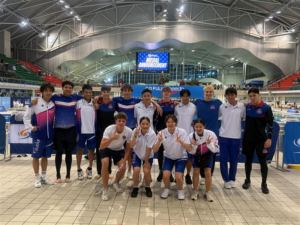 From the 3rd to the 13th of December, eight selected swimmers from the Fukuoka Swimming Association visited NSW, where they participated in joint training sessions with a local school and competed in the 2024-25 Speedo NSW Senior State Age Championships.
From the 3rd to the 13th of December, eight selected swimmers from the Fukuoka Swimming Association visited NSW, where they participated in joint training sessions with a local school and competed in the 2024-25 Speedo NSW Senior State Age Championships.